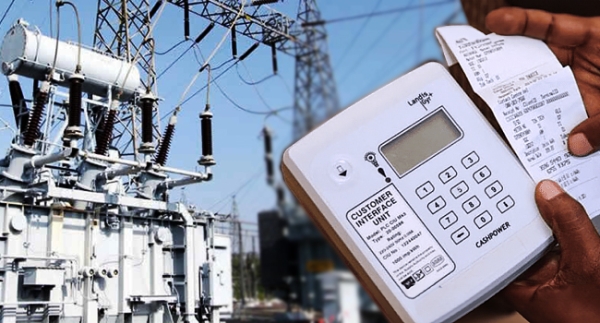There are five bands according to the Nigerian Electricity Regulatory Commission (NERC). They include Band A, B, C, D and E.
Under Band A, customers are entitled to a minimum of 20 hours per day.
For Band B, these are customers with a minimum of 16 hours of light per day.
Band C are customers who have access to a minimum of 12 hours per day.
In category D, customers are given a minimum of 8 hours of electricity per day.
Lastly, the Band E customers have access to a minimum of 4 hours per day.
Months ago, the Federal Government approved an increase in electricity tariff for customers under the Band A classification.
A major part of one’s electricity is spent on the use of energy consuming appliances such as refrigerators, freezers, air conditioners, electric water heaters etc.
Businesses, both small and large, in band A areas are not immune to the impact of the tariff hike. Higher electricity costs directly affect operational expenses.
Recently, some residents of Akinola and Aboru communities in Alimosho LGA of Lagos State protested their “forceful migration” to the Band A category by Ikeja Electric Distribution Company.
The residents took to the streets carrying placards with inscriptions like ‘re-migrate our communities away from Band A’, ‘scrap all bands’, ‘affordable tariff reduces cost of living’, among others. During the protest, some residents said they can no longer afford to pay N227 per kilowatt-hour (kwh) for electricity.
For Band A users, there is a need for an adjustment in behaviour and lifestyle which will ensure conservation of more electricity, lessen use of fuels, and reduce utility bills payment. Here are the tips below:
1. Energy-saving electronics – Take note that the use of energy-saving equipment for household items like bulbs, inverters, fridges, and others are great ways to manage your power costs.
2. Don’t leave appliances on standby –The Nigerian Electricity System Operator has emphasised that unplugging electronic devices when not in use is a cost-effective way to manage electricity whether you are metered or not. It is important to watch out for appliances that use up to 50% power even when they are on standby.
3. Exploring other alternatives – Those who can afford installation of solar panels or inverters can explore this alternative. These days there are also appliances such as air conditioners, fridges, washing machines etc that operate on Low Voltage System (LVS). These appliances help you save on electricity. Also check the stand-by consumption when buying appliances or ask for energy efficient devices.
4. Minimise usage of air conditioners, electric water heater – Band A users can ventilate during the night or early in the morning to store the coolness for the day. When windows and doors are open, they allow warm air from outside to enter your space. This creates a constant exchange of air and puts less strain on your AC unit. Also, use water heaters only when necessary. Lower the temperature of your water heater to conserve energy used for heating water.
5. Turn off lights when not in use – Turning off the lights when not in use is especially important for those who make use of tungsten filament (regular) bulbs as opposed to LED lights. It will take 16 hours for a regular bulb to consume 1 kilowatt of electricity, meanwhile, it will take 66 hours for an LED light to consume 1 kilowatt of electricity. So, it is important to switch off the lights when not in use, especially in daylight.
[TheNation]


